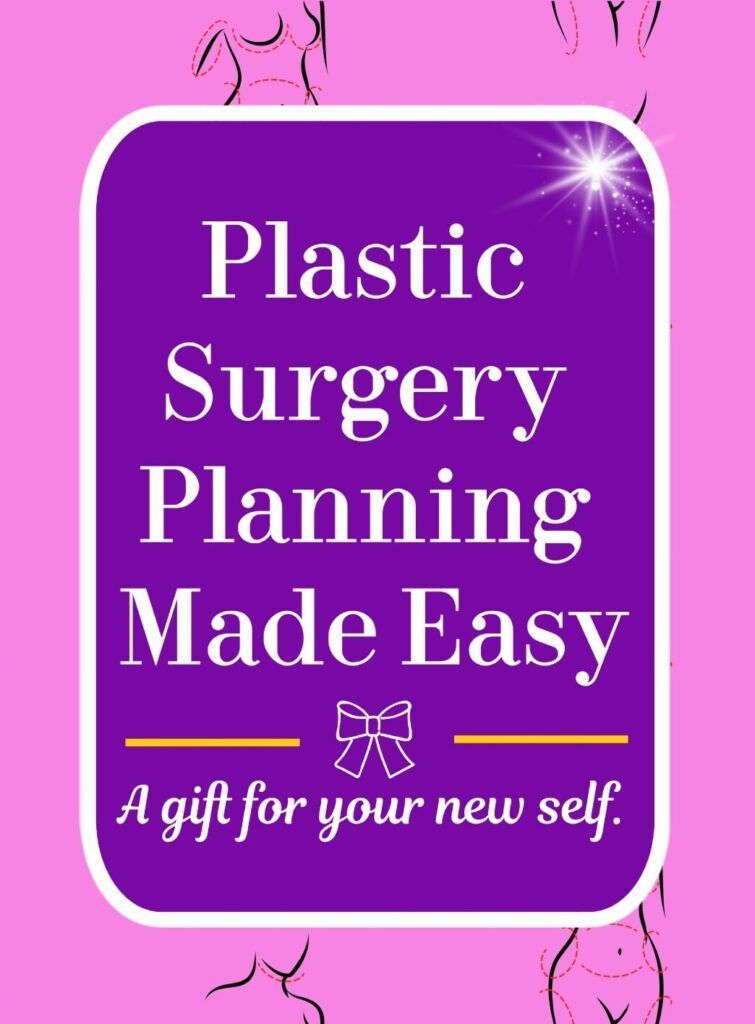In the evolving landscape of plastic surgery, accessibility has become a common theme, opening doors for individuals seeking to enhance their appearance and boost their confidence. Modern advancements and affordable pricing, coupled with increasing competition among plastic surgeons, have made cosmetic procedures more accessible than ever before.
One of the hotspots for these transformations is Sunny South Florida, drawing many patients with its skilled surgeons, warm weather, and diverse cultural offerings. As you begin your journey to a more confident you, one crucial aspect to consider is the post-operative phase, where planning and preparation for prescription medications play a significant role in your comfort and healing process.
Choosing the Right Path: Planning Your Cosmetic Surgery Journey
Plastic surgery is a layered process that goes beyond the operating room. The right surgeon, location, and time of year are critical components of your decision-making. With this planning, an often-overlooked aspect is your pharmacy experience. Ensuring convenient, affordable, and patient-oriented access to post-operative medications is crucial for a seamless recovery.
Your Medication Survival Kit: Understanding Post-Operative Medications
The post-operative medication regimen supports your comfort and healing as you recover from cosmetic surgery. Here’s a breakdown of the medications you may encounter:
1. Antibiotics – Preventing Infection: Antibiotics prevent or treat infections that may arise after surgery. Commonly prescribed options include Cephalexin, Cefdinir, Doxycycline, Sulfamethoxazole and Trimethoprim, and Amoxicillin and Clavulanate potassium. These medications are your allies in ensuring a smooth healing process.
2. Antifungals – Keeping Yeast Infections Away: To combat yeast infections that may occur due to antibiotic use, your surgeon may prescribe fluconazole, a powerful antifungal agent.
3. Antiemetics – Nipping Nausea and Vomiting in the Bud: Nausea and vomiting are common concerns post-surgery. Ondansetron and Promethazine are frequently prescribed to help alleviate these discomforts.
4. Muscle Relaxants – Easing Muscle Spasms: Reducing muscle spasms is essential for a comfortable recovery. Cyclobenzaprine and Methocarbamol are muscle relaxants that play a pivotal role in this aspect.
5. Anticoagulants – Safeguarding Against Blood Clots: Deep vein thrombosis (DVT) is a serious potential risk after surgery. Enoxaparin, an anticoagulant, helps minimize this risk. For guidance on injecting enoxaparin, check out this helpful video: Lovenox (Enoxaparin)
6. Pain Medications – Managing Discomfort: Pain management is paramount for a smooth recovery. You may be prescribed pain medications tailored to your needs, ensuring you are as comfortable as possible during your healing journey.
Medication Planning Best Practices: Keep these guidelines in mind:
- Probiotics and Fluconazole: When taking antibiotics, it’s recommended to use probiotics to maintain a healthy bacterial balance and prevent diarrhea. Fluconazole can also be suggested to reduce the chance of yeast infections.
- Sunlight Sensitivity: If prescribed Doxycycline or Sulfamethoxazole and Trimethoprim, be cautious about direct sunlight exposure. Sunscreen with an SPF of at least 15 is recommended.
- Amoxicillin and Clavulanate potassium: Take this medication with food to prevent stomach upset.
- Contraceptive Considerations: Antibiotics might impact the effectiveness of oral contraceptives. Discuss additional contraception methods with your healthcare provider.
- Reporting Allergic Reactions: Any allergic reactions should be reported to a doctor immediately.
- Anticoagulant Precautions: Be vigilant for unexplained bruising or bleeding, as anticoagulants increase the risk.
- Managing Drowsiness and Impairment: Muscle relaxants and pain medications can cause drowsiness and impair judgment. Avoid activities requiring alertness.
- Tackling Constipation: Many pain medications can lead to constipation. Utilize stool softeners and increase fluid intake to counteract this effect.
Conclusion: Your Guide to a Successful Recovery
Finally, as you embark on your cosmetic surgery journey, remember that meticulous planning is the key to a successful outcome. While surgical excellence and aftercare are essential, your partnership with a patient-oriented pharmacy is equally vital. Also, by understanding the medications you’ll be prescribed and following the guidelines for their optimal use, you’re setting the stage for a comfortable, smooth recovery. Additionally, should you have any doubts or questions about your medications, don’t hesitate to consult your pharmacist or healthcare provider. For comprehensive information on your prescribed medications, be sure to refer to the accompanying drug information sheet provided by your pharmacist.
At PrivéCareRx, we understand how important quality care from the right team contributes to well-being. That’s why we are here to serve and deliver a pharmacy experience our patients are sure to appreciate, especially after cosmetic procedures or surgery.
Your post-operative journey is a step toward the new you – embrace it with confidence and care.






